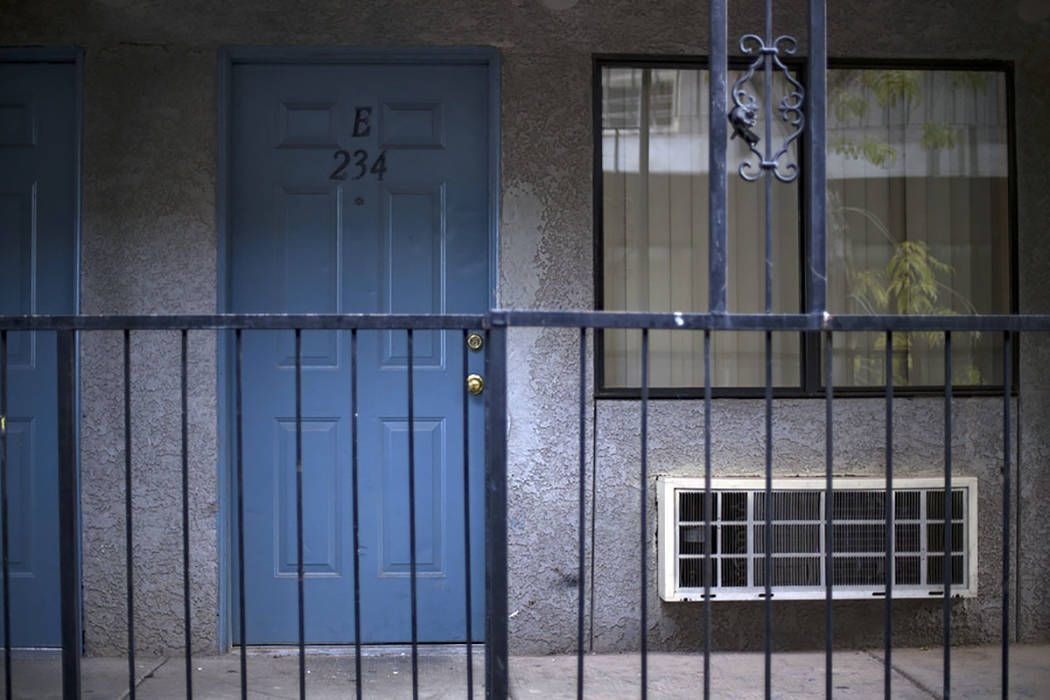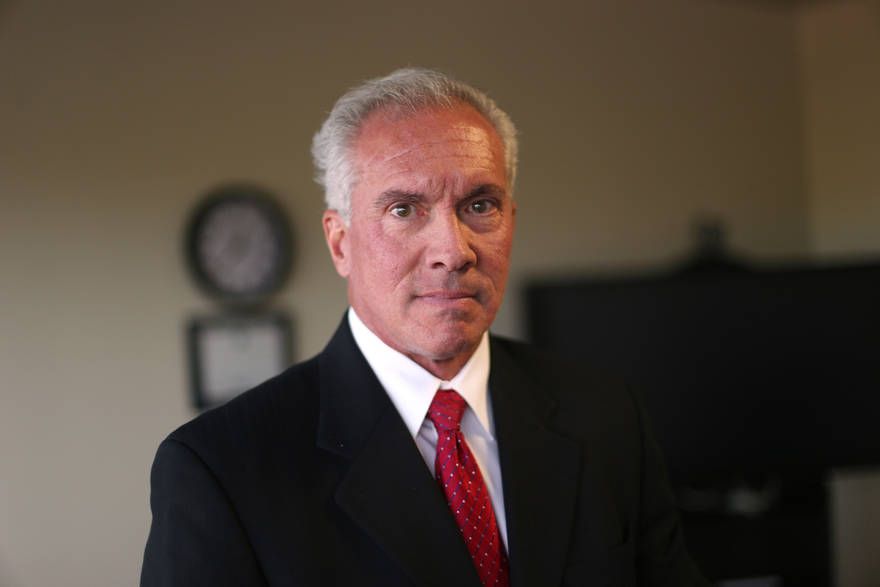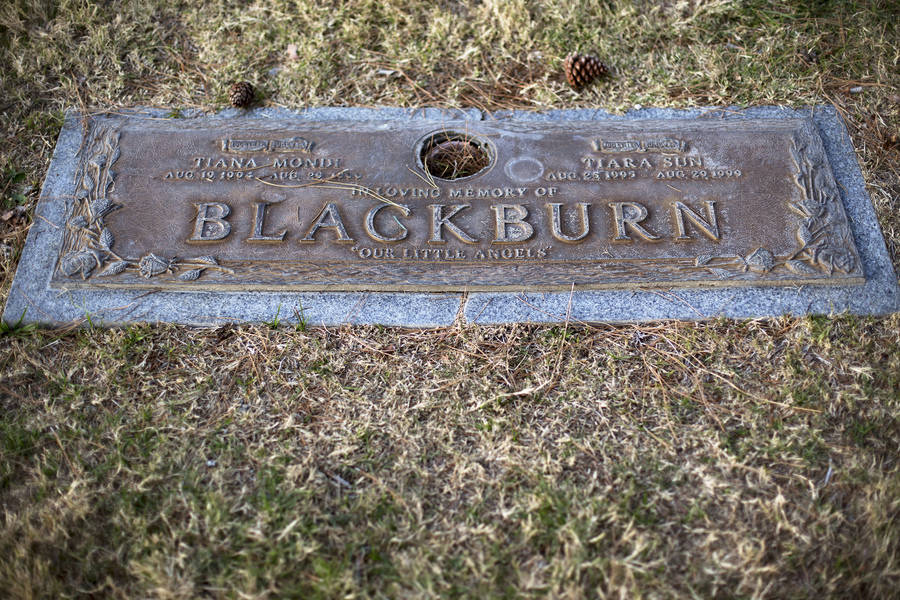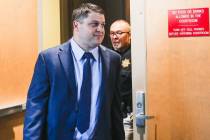Las Vegas police use Blackburn case to train prospective negotiators
Nearly 20 years after a Las Vegas man killed himself and his family after an hourslong standoff, the case has become a staple of the Metropolitan Police Department’s training class for prospective crisis negotiators.
Negotiations with Timothy Blackburn ended in disaster on Aug. 29, 1999, but Las Vegas police share details of the case to underscore important lessons in how to handle crisis events.
The case demonstrates the need for time and communication when speaking with someone in crisis, particularly when there are hostages present, said Sgt. Jose Hernandez, assistant team leader for Metro’s crisis negotiations team.
During the Blackburn negotiations, an officer guarding the perimeter of the scene accidentally fired his shotgun, prompting confusion among law enforcement. SWAT burst into the apartment occupied by Blackburn, his wife and his two daughters, only to find he had fatally shot his family and then himself.
Police stress communication not only with the person in distress but also within an agency or agencies working the case, Hernandez said.
“It’s important that everyone on scene understands exactly what’s happening so that, unfortunately, things like the Blackburn case don’t occur,” he said.
Crisis situations are dynamic, said Sgt. Andre Bates, the negotiations team leader. One situation is different from the next, and police try to tailor their plans to each.
Police would prefer to have one of their negotiators speaking with someone in crisis but that doesn’t always happen, Bates said. A trained negotiator got Blackburn on the phone, but Blackburn asked to speak with the FBI agent who had arrested him about eight months earlier for committing the largest bank robbery in Nevada history.
Henry Schlumpf, the former agent, had no formal negotiations training before becoming the lead negotiator that day. He was coached by trained negotiators during that time, which Bates said is typical in the occasions when untrained people speak to those in crisis.
“If that person is successful at what they’re doing, then we’re going to support them,” Bates said.
Schlumpf had developed a relationship with Blackburn since the day he was arrested. That rapport helped buy time for authorities and provide a better understanding of his mindset when negotiations began, Hernandez said.
The negotiators told Schlumpf to keep Blackburn talking, which Hernandez said is something the team does to try mitigate tensions and prevent someone from harming one’s self or others.
The Blackburn case provides a teachable, local example of a hostage situation, which are somewhat rare in Metro’s jurisdiction, Bates said. Metro’s crisis team has responded to about 45 calls this year, many of which are criminal barricades or suicidal people, compared to roughly four or five hostage calls in an average year.
Despite teachable aspects of the case, Bates isn’t sure whether the outcome could’ve been changed.
“I can’t think of anything that we could’ve done differently,” said Bates, who wasn’t on the team at the time.
Schlumpf shared a similar sentiment during a recent interview with the Las Vegas Review-Journal, adding that Blackburn was ultimately responsible for deciding when and how the standoff would end.
Bates agreed.
“The person in crisis has to have a will to live. They have to want that,” Bates said. “We can’t give it to them. We can try to instill that in them and try to get them to see positive, but they have to want to live.”
Contact Mike Shoro at mshoro@reviewjournal.com or 702-387-5290. Follow @mike_shoro on Twitter.
































